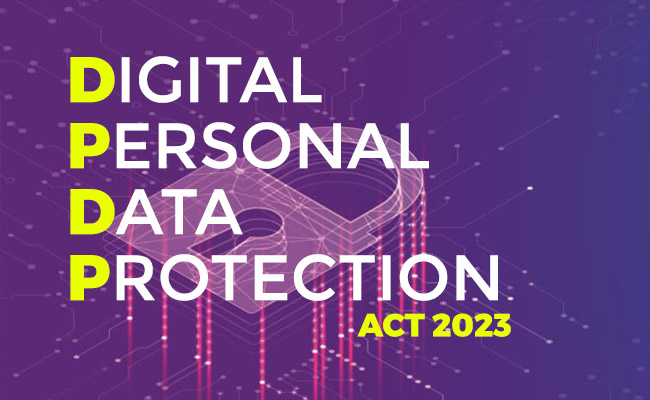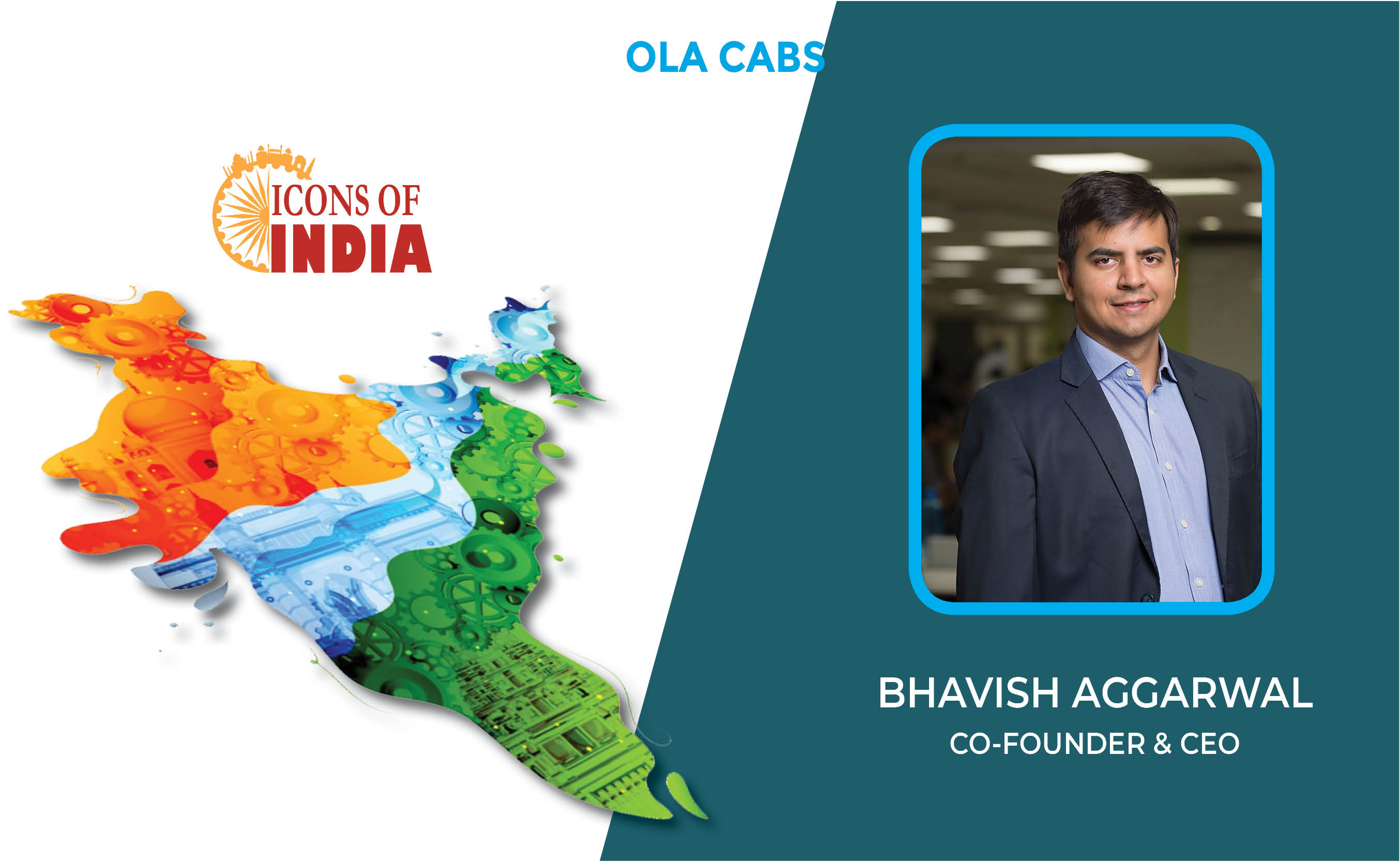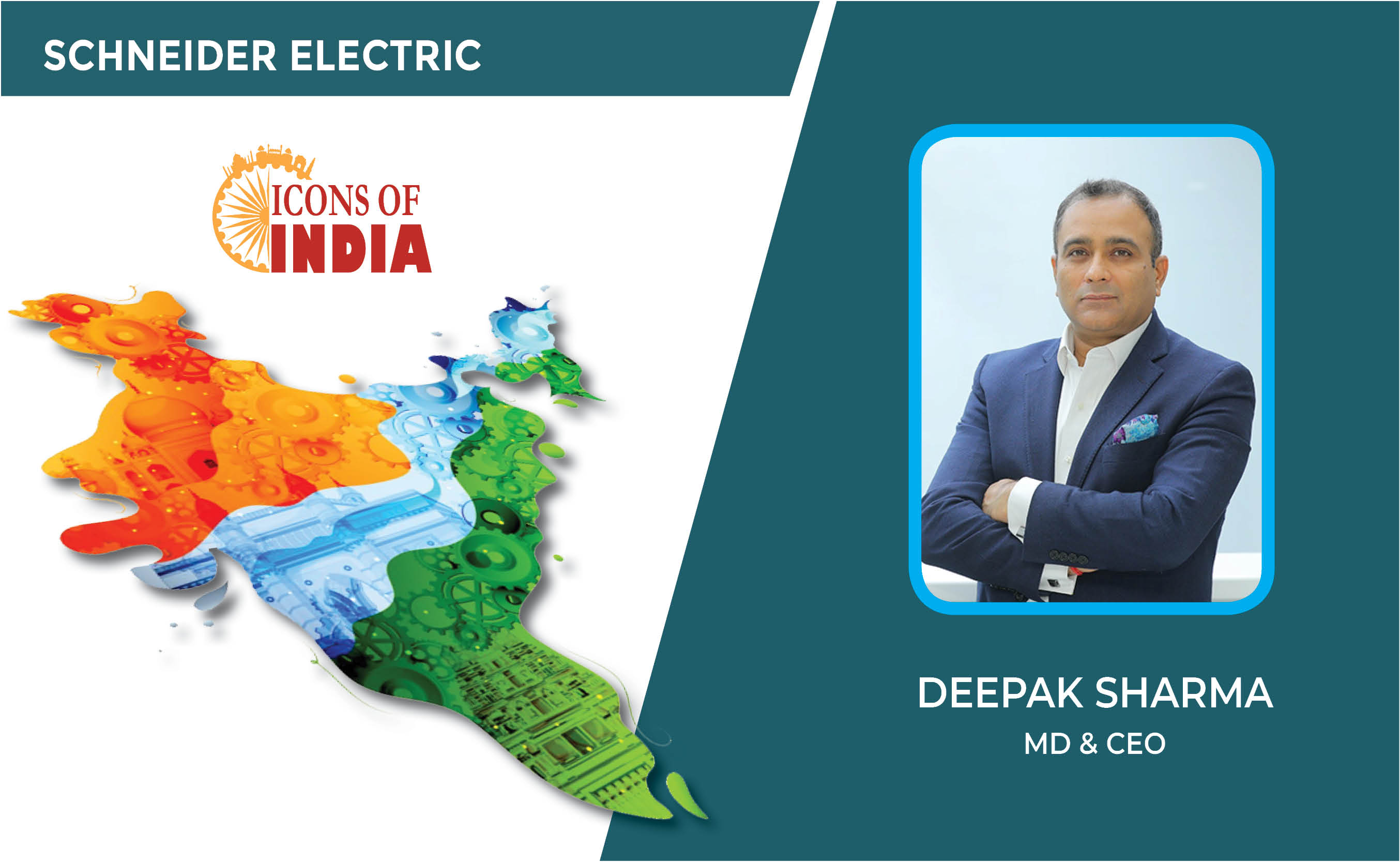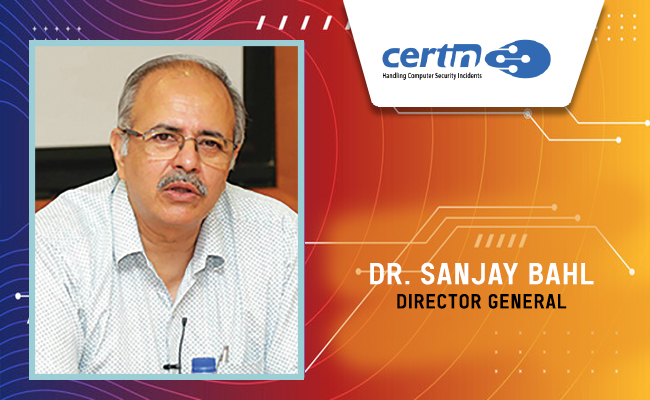Government finalized DPDP draft, ready for public review in two weeks
By MYBRANDBOOK

The government has completed the draft of the proposed rules for the Digital Personal Data Protection (DPDP) Act 2023 and hopes to release them for public consultation in the second or third week of August, as per news source. The rules are expected to be notified after the current session of the Parliament concludes.
“We will have extensive consultations for the rules. Our approach has been very measured and we have kept the text (of the rules) very simple. The idea is not to disrupt anything,” a senior government official said to the news source.
The official added, the final DPDP Act rules “will stay within the walls of the law as passed by the Parliament”. He also said that the government wants to make sure that the Act delivers a strong mechanism for citizens to safeguard their privacy without becoming a place for "frivolous" complaints.
"Good set of responsibilities will be imposed on how a person makes a complaint," the official said.
Another government official said, "Only the issue of age and parental consent verification remains. We had a meeting with experts and industry stakeholders about a fortnight ago. Some of them have sent their solutions to us. We are looking at all the options right now.”
The IT ministry on July 19 held a consultation with several social media intermediaries and internet companies’ representatives to discuss various possible solutions to ensure age-gating and the subsequent method for verification of the age of children.
According to the DPDP Act 2023, users who are below 18 years of age will be considered as children. Such users, the Act states, must obtain verifiable parental consent for using social media and a host of other services provided by internet intermediaries.
Sources said that the IT ministry had in the meeting held on July 19 also told the companies that the earlier proposed solutions such as using Aadhaar, Digi-Locker, or a one-time electronic token to verify the age of children and establish their relationship with the consent-providing guardian have been ruled as "unfeasible".
Proposals such as the use of Digi-Locker or a one-time electronic token do not work well with the fast-paced technological changes, especially when it comes to age verification on social media and personal communication platforms, an IT ministry official had then told the news source.


Legal Battle Over IT Act Intensifies Amid Musk’s India Plans
The outcome of the legal dispute between X Corp and the Indian government c...

Wipro inks 10-year deal with Phoenix Group's ReAssure UK worth
The agreement, executed through Wipro and its 100% subsidiary,...

Centre announces that DPDP Rules nearing Finalisation by April
The government seeks to refine the rules for robust data protection, ensuri...

Home Ministry cracks down on PoS agents in digital arrest scam
Digital arrest scams are a growing cybercrime where victims are coerced or ...


Icons Of India : Bhavish Aggarwal
Indian entrepreneur Bhavish Aggarwal is the CEO of Ola, India’s larg...

Icons Of India : Deepak Sharma
Deepak Sharma spearheads Schneider Electric India. He brings with him ...

Icons Of India : RAJENDRA SINGH PAWAR
Rajendra Singh Pawar is the Executive Chairman and Co-Founder of NIIT ...


CERT-IN - Indian Computer Emergency Response Team
CERT-In is a national nodal agency for responding to computer security...

EESL - Energy Efficiency Services Limited
EESL is uniquely positioned in India’s energy sector to address ener...

IREDA - Indian Renewable Energy Development Agency Limited
IREDA is a specialized financial institution in India that facilitates...


Indian Tech Talent Excelling The Tech World - Thomas Kurian, CEO- Google Cloud
Thomas Kurian, the CEO of Google Cloud, has been instrumental in expan...

Indian Tech Talent Excelling The Tech World - Anirudh Devgan , President, Cadence Design
Anirudh Devgan, the Global President and CEO of Cadence Design Systems...

Indian Tech Talent Excelling The Tech World - Steve Sanghi, Executive Chair, Microchip
Steve Sanghi, the Executive Chair of Microchip Technology, has been a ...
 of images belongs to the respective copyright holders
of images belongs to the respective copyright holders